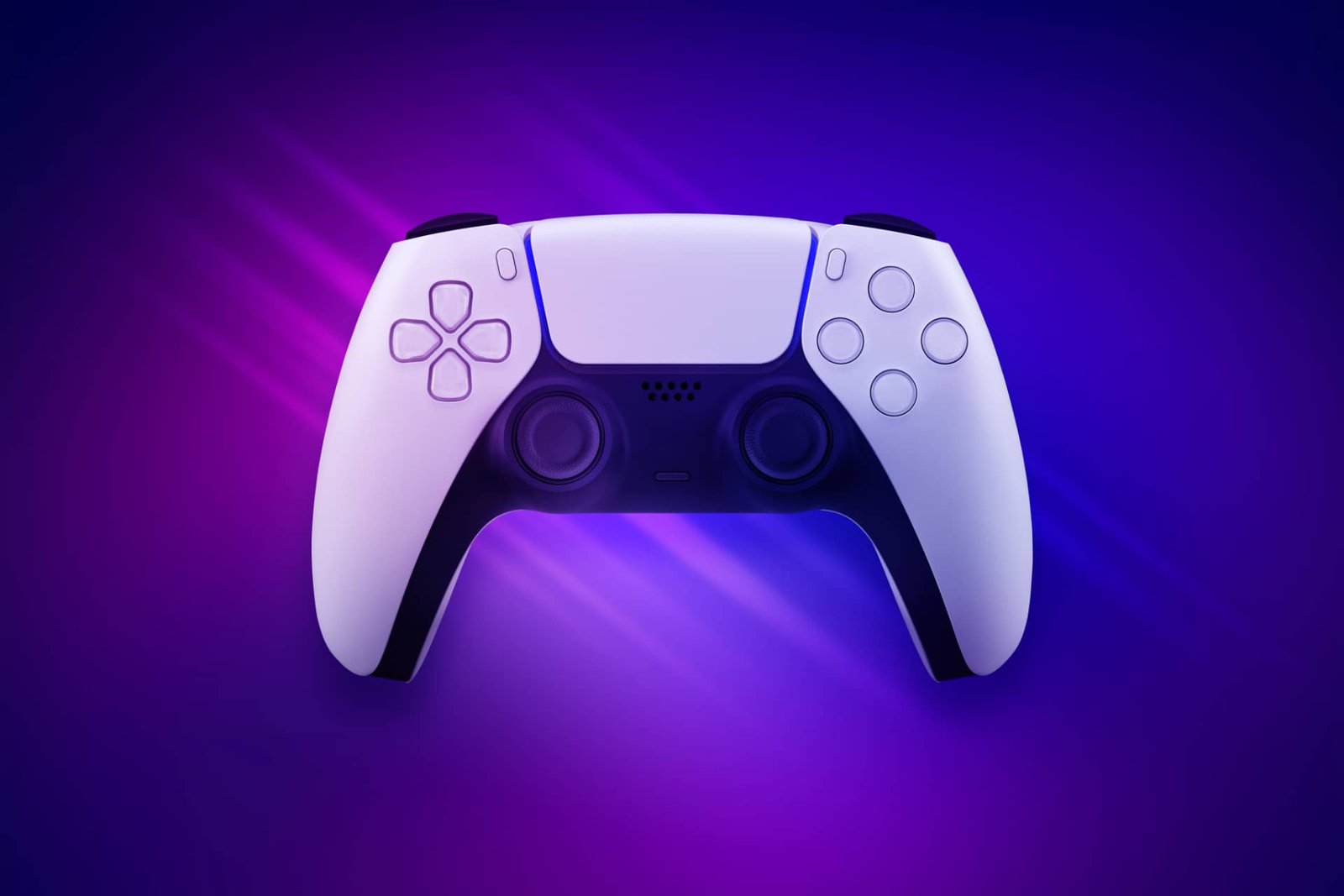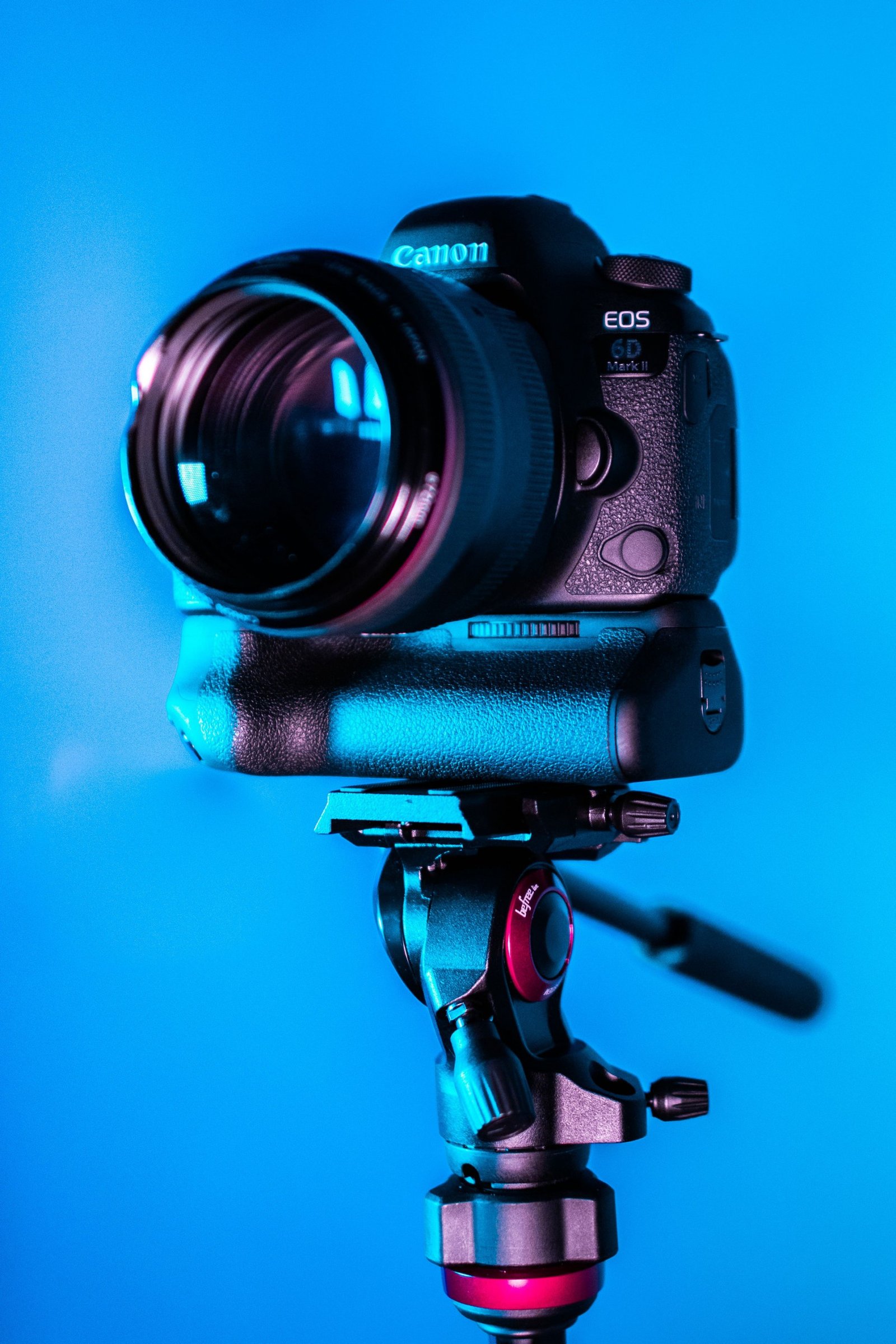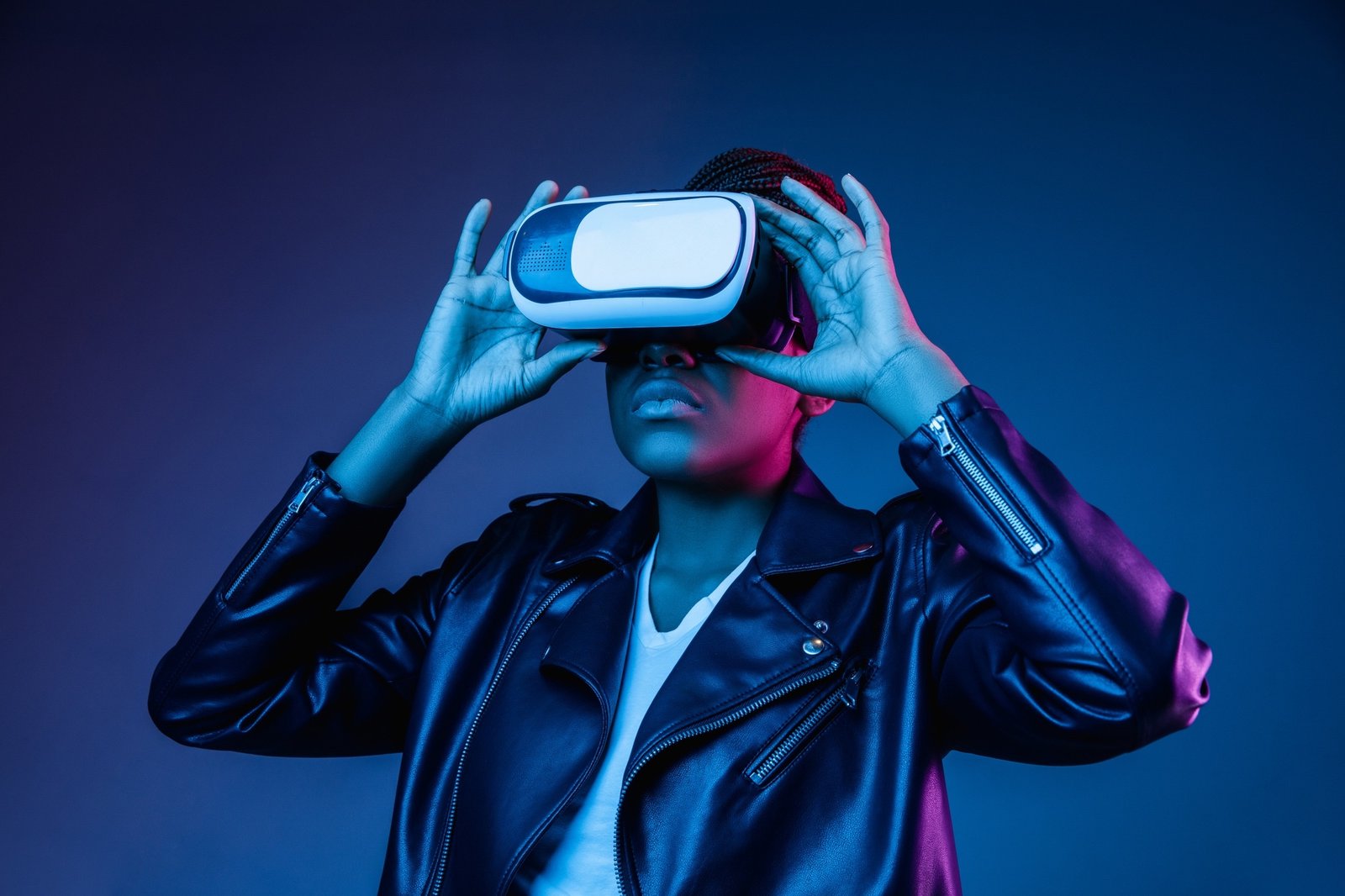Choosing the right AI assistant in 2025 isn’t easy. With so many advancements happening so quickly, users often find themselves torn between platforms like ChatGPT (by OpenAI), Claude (by Anthropic), and Mistral (an open-source, high-performance contender). Each of these tools has strengths and weaknesses, and understanding those differences can help individuals, students, and businesses pick the right assistant for their needs.
This blog compares ChatGPT, Claude, and Mistral across key areas like creativity, file handling, safety, accessibility, and more—offering real-world examples and references to help you decide.
1. Creativity & Writing
When it comes to generating creative content—stories, articles, poems, or social captions—ChatGPT leads the pack. Its responses are rich, imaginative, and often human-like. Writers and marketers favor it for brainstorming headlines, writing scripts, and simplifying technical content.
Claude, developed by Anthropic, focuses more on controlled, safe outputs. It's ideal for professional environments, where tone and clarity matter more than flair. Claude is excellent at summarizing reports, generating legal-style documentation, and formal writing.
Mistral, on the other hand, is a powerful open-source model with high speed and minimal restrictions. While it's fast, its writing fluency still lags behind ChatGPT, especially when asked to write emotionally rich or story-driven content.
✍️ Example: A content agency in Bangalore used ChatGPT to draft 12 blog posts in a week with minimal human editing. Meanwhile, Claude was used by a policy research group to generate whitepaper drafts with a highly formal tone.
2. File Handling
Claude shines when it comes to large file handling. It can manage very long documents (up to 200K tokens), making it perfect for reviewing contracts, academic papers, or bulk PDFs.
ChatGPT (Pro version) allows users to upload PDFs, Excel files, and Word documents. Its Code Interpreter (also known as advanced data analysis) makes it great for analyzing spreadsheets and generating insights.
Mistral currently lacks built-in tools for file uploads, and while developers can integrate it into apps, the average user finds it harder to process large inputs through standard UIs.
📄 Example: A legal team used Claude to summarize a 120-page agreement. Meanwhile, a startup used ChatGPT to interpret sales data in Excel and generate actionable insights.
3. Safety, Ethics & Bias
Claude has been designed with safety as its core principle. It’s the most cautious model—often refusing to answer controversial queries or generate risky content. This makes it ideal for enterprise and educational use.
ChatGPT offers a balance. While creative, it still adheres to safety boundaries, and its Pro version is frequently updated with filters to reduce hallucinations and bias.
Mistral, being more open-source, offers fewer safety restrictions. It’s popular among developers and researchers who want freedom—but that also means it's more likely to generate unfiltered content.
⚠️ Tip: For regulated industries like healthcare, law, and education, Claude is generally the safest bet. ChatGPT fits well in creative and business settings. Mistral suits technical users needing fewer restrictions.
4. Accessibility & Pricing
ChatGPT is available in both free and paid tiers. The free version offers access to GPT-3.5, while the Pro tier unlocks GPT-4, file uploads, plugins, and more—priced at $20/month.
Claude is currently available via platforms like Poe.com and limited direct APIs. Some regions may not have access. While Anthropic plans broader rollout, accessibility is still a challenge.
Mistral, being open-source, is free but requires technical knowledge to deploy. It’s not beginner-friendly unless integrated into third-party tools.
🌍 Quick Note: For casual users, ChatGPT is the most accessible option. Claude works best where it’s available. Mistral appeals to developers and startups building custom AI solutions.
5. Speed & Responsiveness
Mistral is extremely fast—especially when self-hosted or run on optimized hardware. Developers appreciate its performance in low-latency environments.
ChatGPT’s performance is reliable, though GPT-4 may occasionally throttle in heavy traffic. Its newer GPT-4-turbo variant offers faster and cheaper responses.
Claude is slightly slower when processing very large files but remains responsive in chat-style interactions.
⏱️ Insight: Speed isn’t always everything—especially if you value quality. Choose based on your task: quick testing (Mistral), deep analysis (Claude), or everyday interaction (ChatGPT).
6. Use Cases & Real-World Applications
Here’s where each tool really shines:
- ChatGPT: Writing blogs, customer emails, scripts, ideation, and analyzing files.
- Claude: Long document analysis, policy briefs, compliance documentation, safe education environments.
- Mistral: Experimental testing, AI agent prototyping, offline deployment in AI products.
🎯 Real Case: A marketing agency used ChatGPT to auto-generate 300 ad headlines. A university used Claude to summarize large research papers. A developer used Mistral to fine-tune a custom chatbot on healthcare FAQs.
Conclusion
There’s no one-size-fits-all answer. If you want creativity and versatility, go with ChatGPT. For safety and formal tasks, Claude is your best bet. If you’re technically inclined and want control, Mistral offers freedom.
Each of these AI models has carved out its niche. The smartest approach? Use the right model for the right task. You can even combine them—e.g., use Claude for safety review, then use ChatGPT for rephrasing in a friendly tone.
🔄 Keep experimenting, keep learning—and stay tuned with 'AI for Mundane' for more unbiased AI comparisons.






